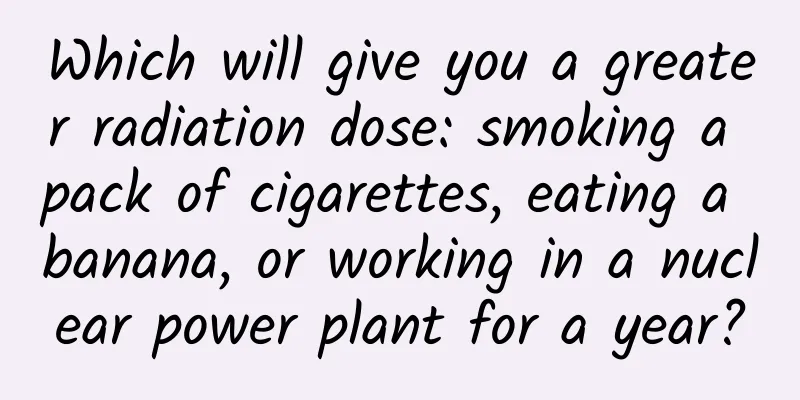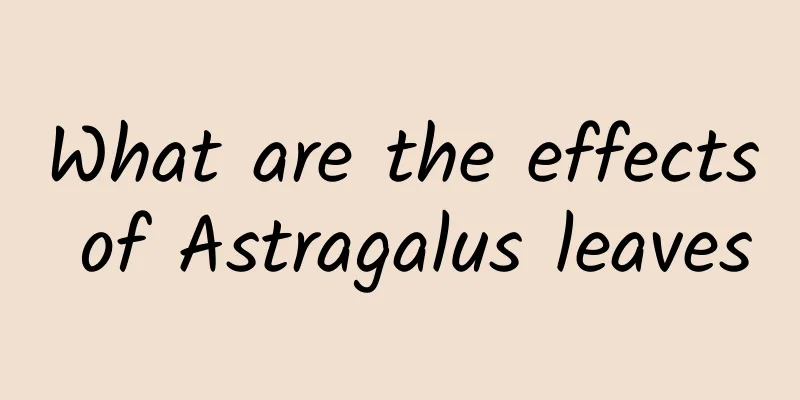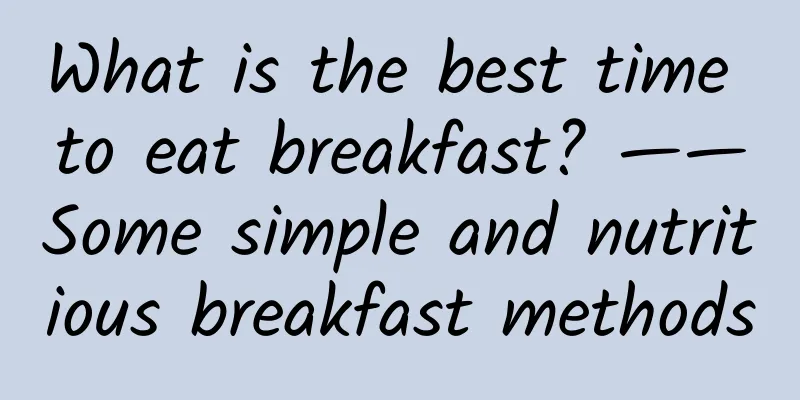Which will give you a greater radiation dose: smoking a pack of cigarettes, eating a banana, or working in a nuclear power plant for a year?

|
Let me first tell you the conclusion. Cigarettes definitely emit more radiation. Cigarettes contain radioactive polonium and lead. The radioactive substance polonium-210 releases alpha rays. When smoking, polonium enters the mouth, airways, and alveoli and attaches to them. If you smoke a pack of cigarettes a day, the annual radiation dose is about 35mSv (radiation dose is usually measured in millisieverts mSv). Smoking for a year is equivalent to doing 3 PET/CT scans. Bananas contain about 0.0117% radioactive potassium-40. Potassium-40 is a radioactive isotope that emits beta and gamma rays when it decays. Every time you eat a banana, you are exposed to about 0.1μSv (1mSv=1000μSv) of radiation. Eating 20 bananas is equivalent to the radiation dose of half a cigarette. According to my country's statistical data, the average annual occupational exposure dose of employees in major domestic nuclear power plants is about 0.25-0.35 mSv, which is only equivalent to the radiation dose generated by 2-3 X-rays. The average annual radiation dose for residents living around nuclear power plants due to working in nuclear power plants is only 0.01 mSv. What is the radiation level of 0.01mSv? Watching TV for two hours a day for a year or flying from Beijing to Europe can generate a radiation dose of 0.01mSv. According to statistics from the United Nations, medical radiation accounts for as much as 98% of all radiation caused by human factors, while radiation generated by nuclear power plants accounts for a very small proportion, about 0.25%, which will not have any impact on human health. In fact, there is no need to worry. When discussing the impact of radiation on health, we need to consider the radiation dose. It is unscientific to discuss the impact without considering the dose. In other words, radiation is everywhere in the environment we live in. |
<<: Popcorn dropped from a roadside tree? Don’t eat it!
>>: It causes about 700 billion in losses every year! We want to reduce this number
Recommend
The efficacy and function of Hu Tong Lei
As we all know, Hu Tong Lei is a very common medi...
Common knowledge about the effects of Chinese herbal medicine
Moneywort is a type of traditional Chinese medici...
AI meets obsessive-compulsive disorder, solving the rift between the brain and emotions
As the New Year is coming to an end, many people ...
What are the effects and functions of red ginseng?
Red ginseng is actually a type of ginseng. It has...
The efficacy and function of Acanthopanax radiata
Nowadays, our living standards are constantly imp...
Pictures and medicinal value of old melon gourd
Old melon gourd has certain functions and effects...
Effects and functions of Alpinia officinalis[picture]
Alpinia galanga [picture] is a very nutritious an...
The efficacy and function of galangal noodles
Loquat flour is a traditional Chinese medicine. T...
The Hangzhou Asian Games flame was successfully collected. You need to know the principle of fire collection using a concave mirror...
On June 15, the flame of the Hangzhou Asian Games...
Functions of Cnidium monnieri Extract
Jia Baoyu in "Dream of Red Mansions" on...
You loved to wander when you were a kid, but you stayed still when you grew up. I didn’t expect you to be two completely different people…
Barnacles have very hard shells, usually appear i...
The efficacy and function of Yunnan Coptis chinensis
There are so many medicinal herbs in the world, a...
The efficacy and function of wild ginseng[picture]
Many people are not very clear about the efficacy...
What are the benefits of Buddha’s hand?
Buddha's hand is a common delicacy. It is not...
Pheasant rice efficacy and function
Bamboo leaf, also known as bamboo leaf ophiopogon...









